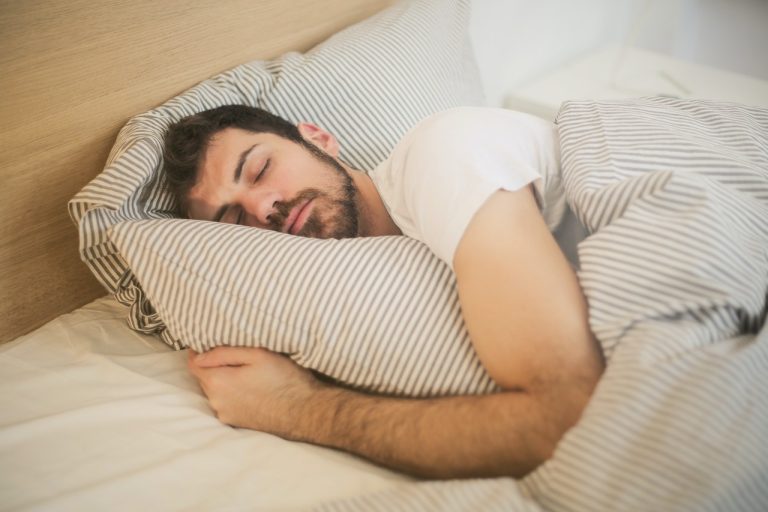Teenagers like their sleep and research shows that they need around nine or ten hours per night. Because the teenage body clock works around two hours later, it means that teenagers naturally go to bed late and then struggle to get up early the following morning.
Teenagers, Sleep and Achievement
Teenagers who sleep well will find that their academic performance improves, that they have a better attitude towards education and that their social interactions are better. Good sleep is also important for improving memory. If a teenager sleeps well after learning, they will usually be able to remember what they have been taught.
To help with revision for exams, creating the right environment for good teenage sleep is essential. The bedroom should be comfortable and an appropriate bed and single or double mattress should be available. Many people are now finding that adjustable beds can really contribute to a good sleep and a bed should only ever be for sleeping in.
Not only does a lack of sleep leave teenagers feeling drowsy and lacking concentration, it can increase moodiness and contribute to the risk of depression.
Why Teenagers Do Not Get Enough Sleep
As well as the differences in their body clocks, there are other reasons as to why teenagers stay up late. Many are busy texting, chatting, tweeting or using Facebook. Watching TV remains a favourite, as well as surfing the web and playing on games consoles. Many teenagers are also busy with extracurricular activities, such as sports, as well as trying to maintain their social networks and dating.
More teenagers are now working part time to boost their finances and, of course, there are the pressures of achieving academically. All of these factors are able to disrupt the circadian rhythm of a teenager’s body. The circadian rhythm (or body clock) relies upon the release of a key hormone called melatonin. This hormone is probably the cause of teenagers going to bed late.
Ways to Improve Teenage Sleep
Even though teenagers want to go to bed late, they should not do this constantly, especially when school or college starts early in the day. The easiest way for teenagers to ensure that they are getting enough sleep is for them to set the alarm clock for the following morning and then count nine hours back. This will then give the time at which they should be unwinding and preparing for bed.
As well as the bedroom being comfortable, it should also be dark at night, with TVs and computers switched off. When the morning alarm goes off, switching a lamp on immediately can help with getting up, as the body clock responds to light. Some people may also find it helpful to have a lamp on a timer that switches on just before the alarm goes off.
Gentle exercise late in the afternoon or early evening can help to relax the body before going to bed as well as avoiding the use of stimulants such as coffee after 6 pm. Small naps can be helpful occasionally, but too much napping can make it difficult to go to sleep at night.
Helping teenagers to have a good sleep will help them to concentrate better on their school or college work. Being able to remember more from their revision sessions will help to ensure that teenagers get the best grades that they can.eep and research shows that they need around nine or ten hours per night. Because the teenage body clock works around two hours later, it means that teenagers naturally go to bed late and then struggle to get up early the following morning.


